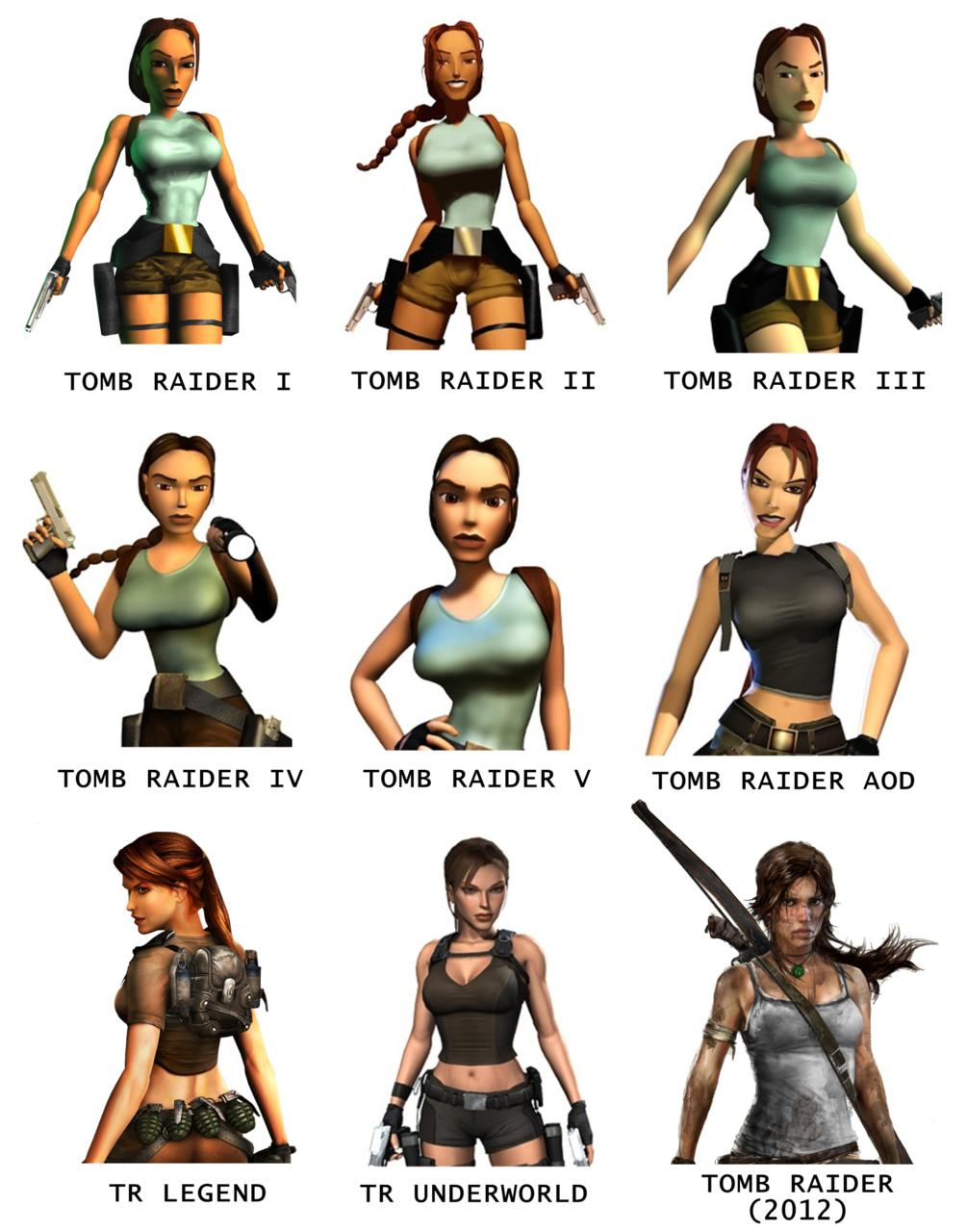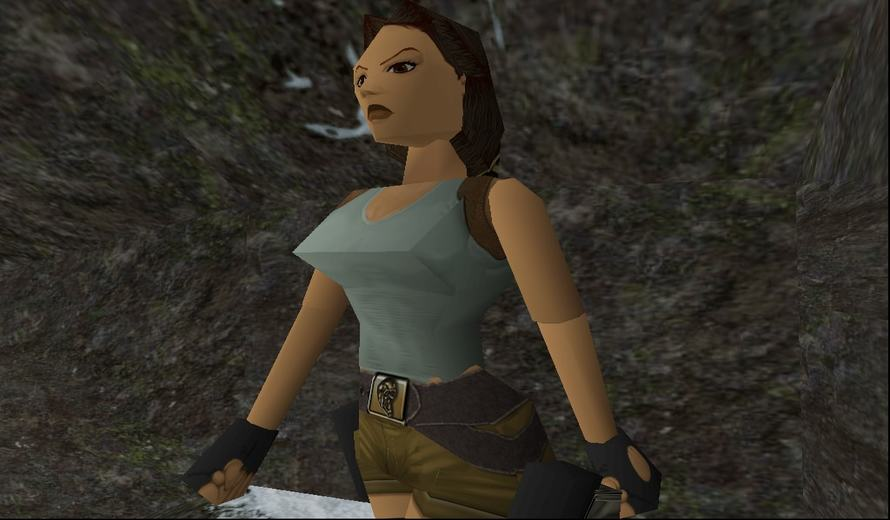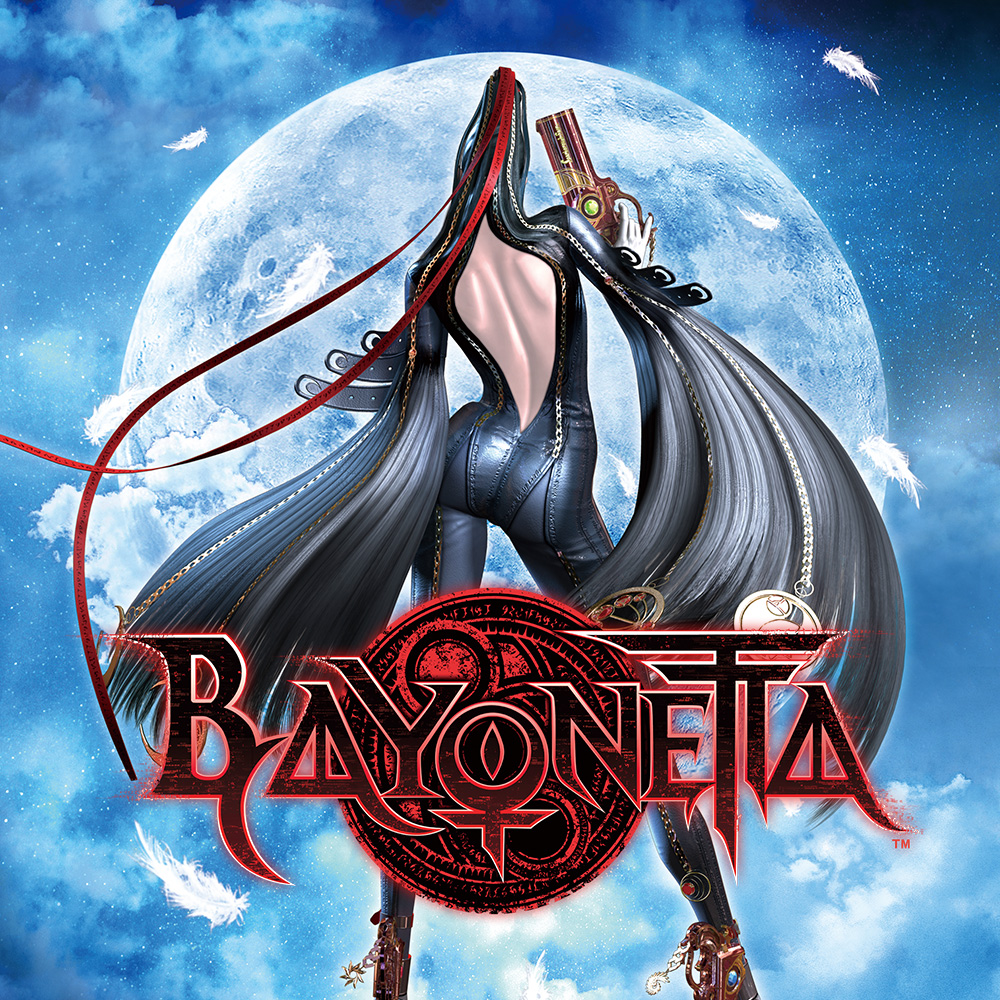Nowadays many gaming platforms have or had games starring a female character within them either as a main protagonist or a sideline character. It's difficult to argue that a majority of these characters aren't captivating a certain angle for that "sex appeal/nature." At the same time when regarding female characters in you'll often think of games with the idea of your typical damsel in distress trope with examples such as the popular Princess Peach within the Mario franchise and other lesser-known characters such as Meryl Silverburgh, Ashley Graham, and Elizabeth (Bioshock) all from different franchises. There are a few exceptions where the main protagonist was intended to be a woman from the start that gives them the all the powerful and supporting ideals behind what an independent character is all about except when it comes to their design. I also want to note that I do not necessarily count characters that allow you to choose a gender or swap a gender as they tend to be rather generic.
A few good examples would be Lara Croft from the Tomb Raider Franchise, Samus Aran from Metroid, Bayonetta from the Bayonetta series. (Many of these images were easy to find among all of the lewd renditions by your fellow media users...)
With Lara Croft for example follows around the explorative travels of a highly intelligent and athletic archeologists who rarely is accompanied by supporting characters which puts you as the sole center of attention while you struggle for survival uncovering new and exciting ruins around the world. Even with her exceptional skill and prowess, she is portrayed in that Sexualized manner in most of her early games wearing nothing more than very short shorts, and a blue tank top to explore the most dangerous areas of the lost world, absurd right?
The famed bounty hunter from space is no exception either when it comes down to it. Originally many players assumed that the famed bounty hunter was a man as the suit that she wears has always been on in the franchise, it wasn't until a Suprise ending that was greeted to players if they had completed the game in 5 hours or less to reveal a pixelated woman in nothing more than a bikini clad style of clothing. Ever since then she has been out of her suit more and more in what is known as her "zero suit" which is skin-tight featuring a high heel style shoe as part of the one piece that leaves little to the imagination. Much like Lara, Samus is an independent character that has exceptional skills and is featured in other games such as smash bros, where she can also be seen wearing the skin-tight suit with a whip.






The "Damsel in Distress" scenario is one we see far too often in games. I remember Lara Croft, Tomb Raider. I remember thinking finally! A game with a strong female character! It wasn't until years later that I realized she was made to be beautiful, voluptuous. We are beginning to see a shift though. I have played the video game, Horizon Zero Dawn and more recently the sequel Horizon Forbidden West. The main character Aloy, like Lara Croft, kicks butt. She is built to appear strong, but without the big breasts. Her outfits are not meant to sexualize her. Many say that the game is a breakthrough in feminist gaming. Of course it gets criticized as being too feminist. Notice we don't say other games are too masculine? Now that there is more awareness, I hope that the video game industry sees that strong female characters are wanted too!
ReplyDeleteI have noticed that even heroines who do not fall into the "damsel in distress" trope are also extremely sexualized and objectified. When Final Fantasy VII was remade there was a a huge discussion over the new design of one of the main party members Tifa Lockhart because her breast size was reduced. Tifa is a member of an ecoterrorist organization called avalanche and a brawler, so she is written to be quite tough. Patricia Hernandez of the gaming website Polygon wrote about it in her article "Square Enix explains why it changed Tifa's breasts in Final Fantasy 7 Remake" in which she reveals the reduction was "done to make sure that she didn’t look “unnatural” during fight sequences" (Hernandez, par 3) and the fans were enraged over this "desexualization". The thing is Tifa was still quite sexualized as she was dressed in her signature suspenders and midriff. In "Supersexualize Me! Advertising and the 'Midriffs'" Rosalind Gill writes "midriff advertising re-sexualizes women's bodies, with the excuse of a feisty, empowered post-feminist discourse that makes it very difficult to critique" (Gill, page 251). This is exactly how Tifa was designed in Final Fantasy VII. The designers of the game decreased her breast size to avoid making her look "unnatural" during combat, but still left a hand to hand combatant with a bare stomach exposed while fighting against people with guns and swords, and monsters with claw and fang. The breast "reduction" was nothing more than a marketing ploy to make it seem like they were desexualizing her while maintaining the fantasy and objectification.
ReplyDeleteWorks Cited:
Gill, Rosalind. “Supersexualize Me! Advertising and the ‘Midriffs.’” Gender, Race, and Class in Media: A Critical Reader, SAGE, Los Angeles, 2018, pp. 249–254.
Hernandez, Patricia. “Square Enix Explains Why It Changed Tifa's Breasts in Final Fantasy 7 Remake.” Polygon, Polygon, 19 June 2019, https://www.polygon.com/2019/6/19/18691773/square-enix-tifa-redesign-chest-final-fantasy-7-remake.
This post opened my eyes to the gaming world. I personally do not have much knowledge of experience in this field of media, although I do know the famous princess peach. Her character's sole personality is to quite literally the damsel in distress every time. It's unfortunate that the main female characters in Mario Brother's games I played as a child were few and far between, and when they were they were portrayed as weak. I cannot even remember another female in the Mario Brother's world.
ReplyDeleteAnother issue with the sexualization of female characters in video games is the fact that children are the main audience. Children who have grown up playing these types of video games have been subconsciously subjected to sexualization. It does not seem to be a game where the female characters are not overly sexualized. This stereotype is damaging especially when children tend to be the main audience. Even though I am not well versed with the gaming world I cannot think of one game where females are the dominant gender. The message these games send out are the same ones we see in other media like movies and tv shows. Similar themes of male dominance are present throughout, leaving women to fall behind every time.